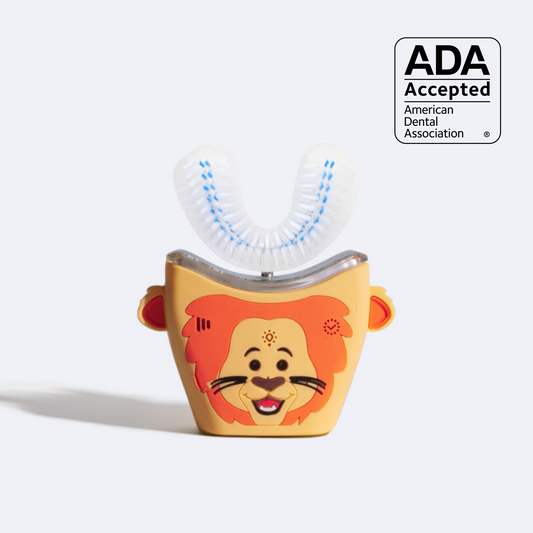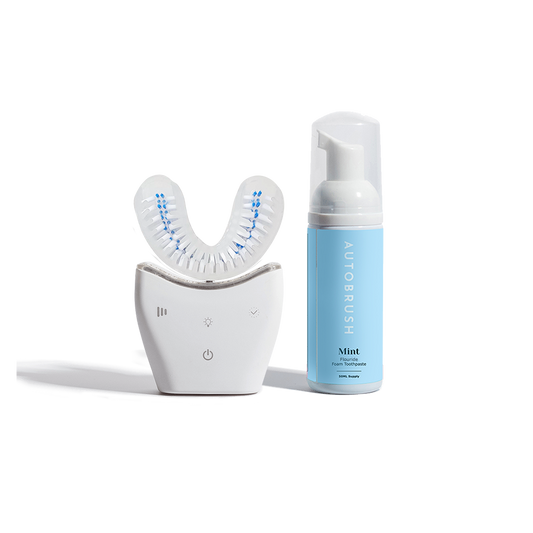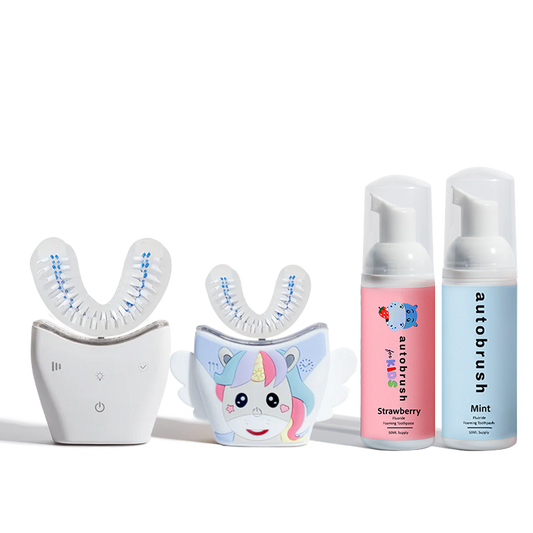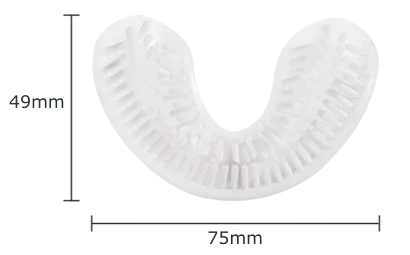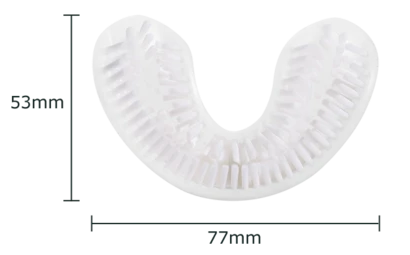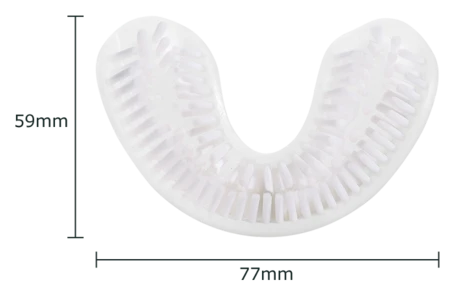- Puberty
- Menstruation
- Pregnancy
- Using Birth Control
- Menopause
- What can I do to prevent the development of oral health problems?
Many may be surprised to learn that hormone surges can impact a woman’s gums, teeth, and overall oral health. There are five stages in a woman’s life that cause this hormonal change making them more prone to oral health problems - puberty, their monthly menstruation cycle, when using oral contraceptives, during pregnancy, and at menopause.
Puberty
The increase in the production of the female hormones (estrogen and progesterone) that occurs during puberty can increase the blood flow to the gums and change the way gum tissue reacts to bacterial plaque. With red and swollen gums, bleeding may occur easily during brushing.

Menstruation
Not all women going through their monthly period experience gum sensitivity. Some women experience no gingival changes during this hormonal change, while other women report swollen and bleeding gums a few days before their period.

Pregnancy
Pregnancy gingivitis is quite common to pregnant women where their gums become swollen and bleed easily. Some pregnant women state that gingival shifts begin around the second month of gestation and peak in the eighth month. Others report that after increasingly building in intensity throughout the pregnancy, gingivitis is at its worst during the third trimester.

Using Birth Control Pills
In the past, inflammation was one of the side effects of taking birth control pills. But now, most birth control pills have lower levels of estrogen and progesterone to cause any issues with your gums.

Menopause
Menopause is a huge change in a woman’s life and a woman’s mouth, including altered taste, a burning sensation in the mouth, and greater sensitivity to hot and cold foods and beverages, and decreased salivary flow that can result in dry mouth. These are all related to hormones.

What can I do to prevent the development of oral health problems?
- Brush your teeth at least twice a day
- Floss at least once a day
- Visit your dentist twice a year for a professional oral examination and cleaning
- Eat healthier, well-balanced diet
- Avoid sugary or starchy snacks
- Ask your dentist for treatments for dry mouth


















